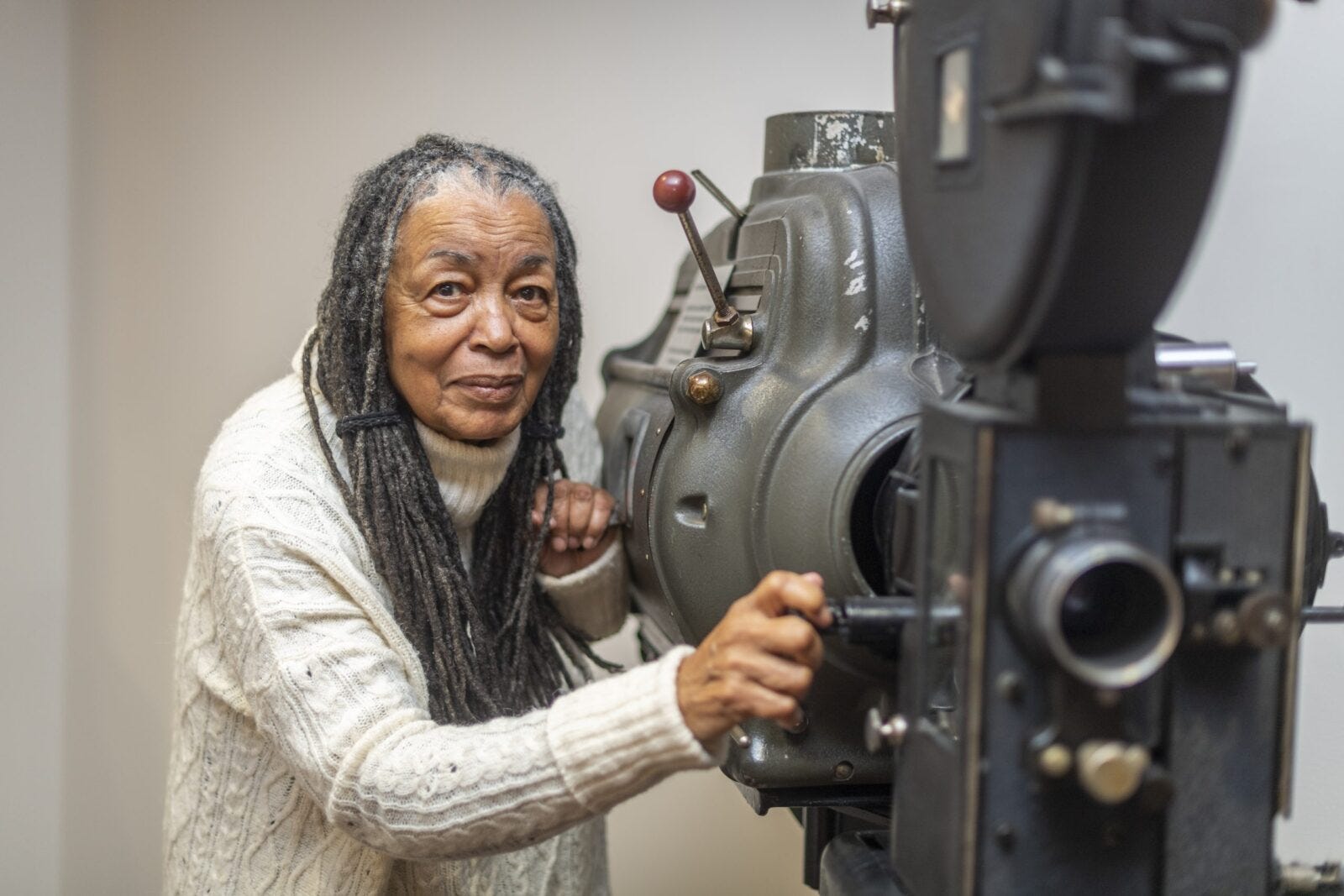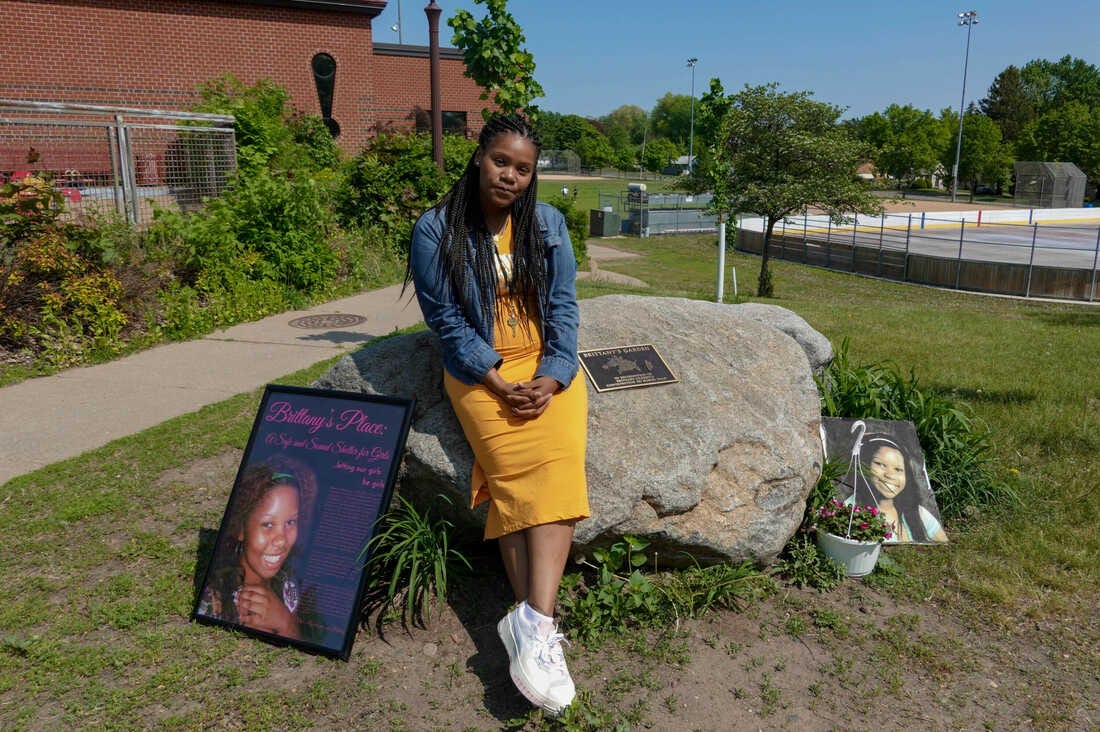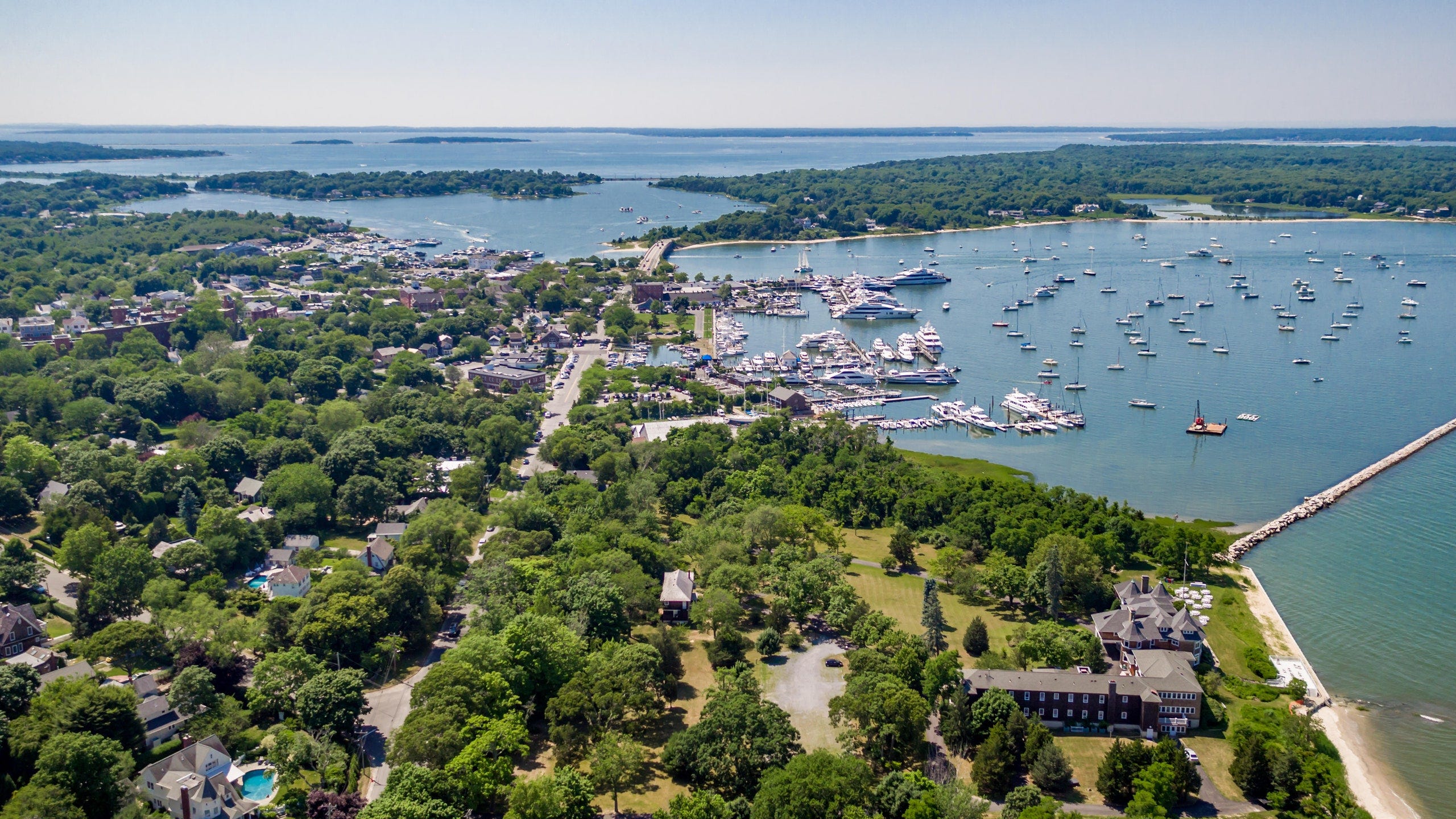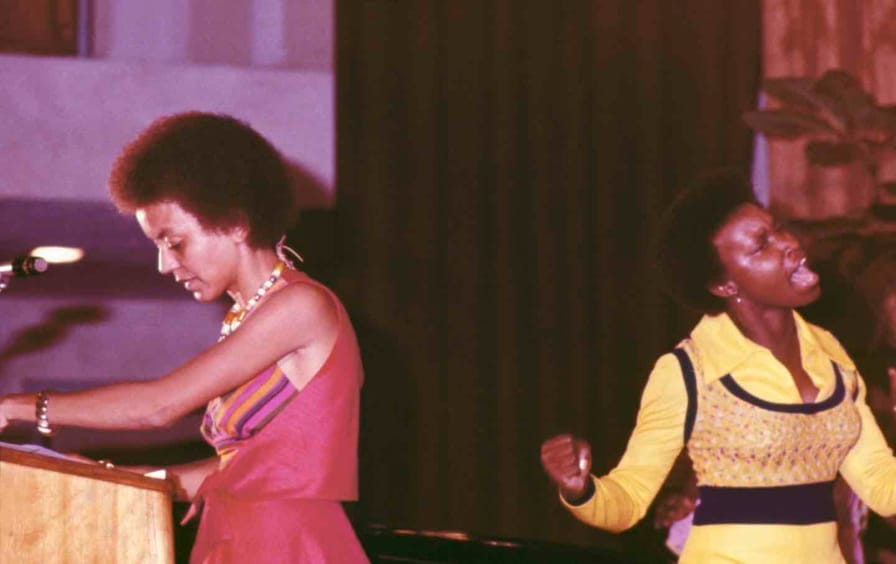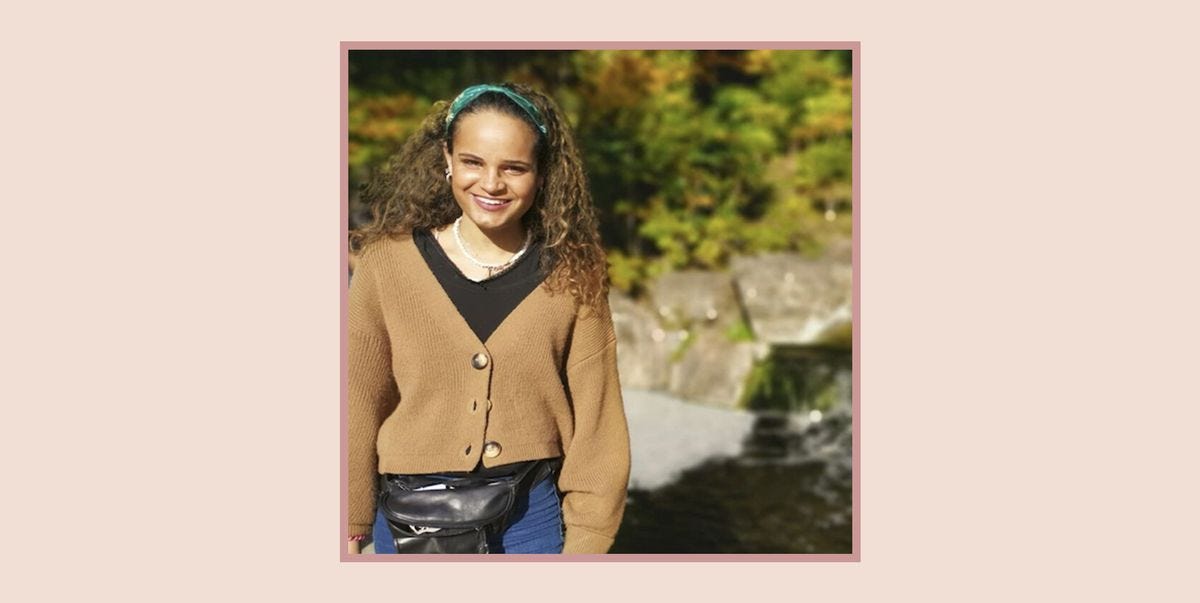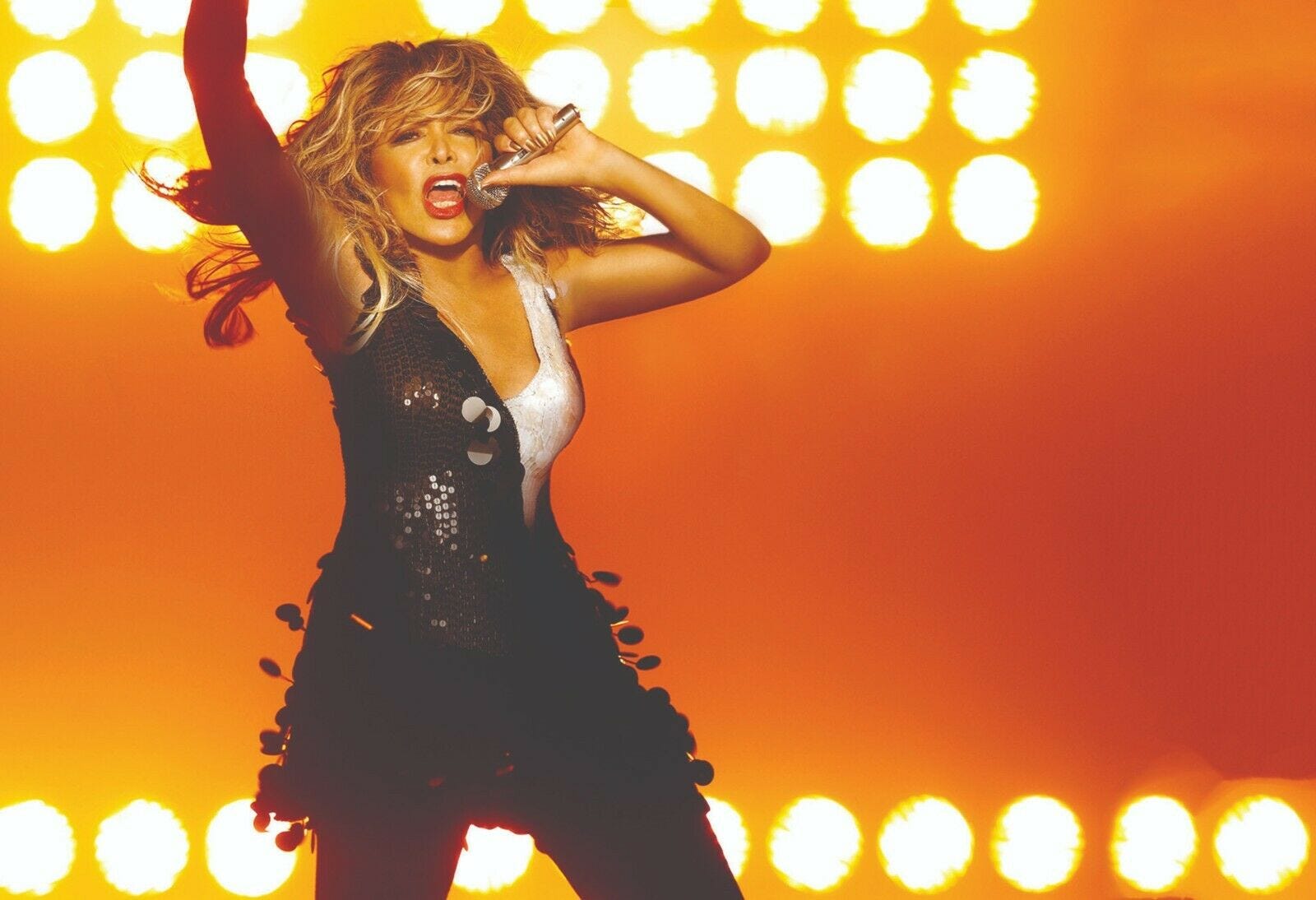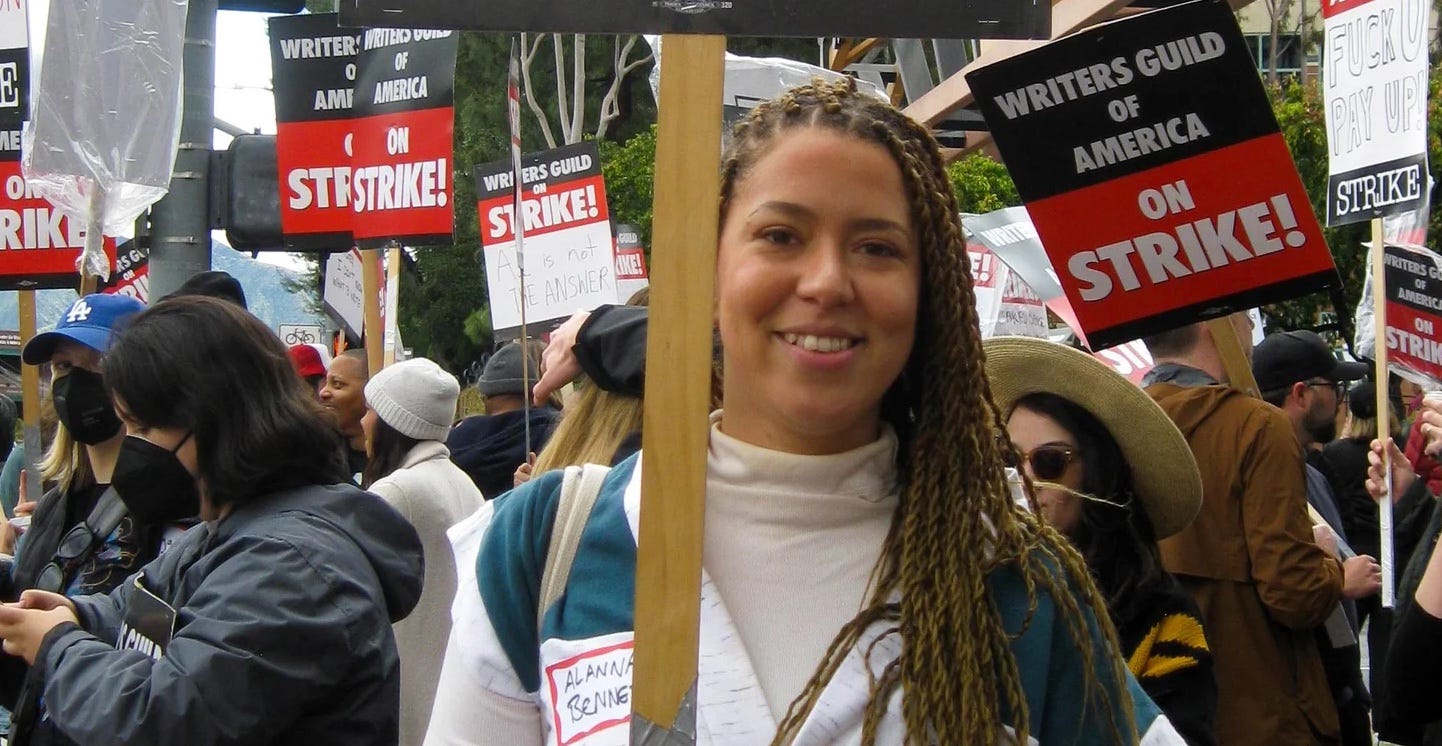Autism research, the Hollywood writers strike, eating disorders, remembering Jessie Maple...
Plus, Black women top contenders for open blue Senate seats, the nation's first Office of Missing and Murdered Black Women and Girls, reflecting on 1983's "Black Women Writers at Work," and more.
Remembering Jessie Maple, the Trailblazing Black Filmmaker of Cinema
By Archuleta Chisolm, Black Girl Nerds
“Jessie Maple, who broke barriers and impacted Black women’s access to cinematography and directing, passed away on May 30. She was 86 years old. Maple’s career as a trailblazing cinematographer led her into directing. She was the first Black woman to write and direct an independent feature-length film in post-civil rights America.”
The first office for missing and murdered Black women and girls set for Minnesota
By Dana Ferguson, NPR
“Over the past couple of years, Lee has led Minnesota's task force dedicated to understanding why African American women and girls go missing and helping families. Illinois and Wisconsin have followed Minnesota in implementing task forces to look into disparities around violence against Black women and girls. But this year, Minnesota enacted a law creating the nation's first Office of Missing and Murdered African American Women and Girls.”
This Black Queer Architect Laid the Groundwork for the “Black Hamptons”
By Charlotte Collins, Architectural Digest
“When Amaza Lee Meredith first dreamed of becoming an architect, there was essentially no one in the field she could look to as a role model. Despite her father’s occupation as a carpenter, her station as a Black woman in turn-of-the-20th-century Virginia put Meredith in a much different position from her dad, who was white. But even with the myriad challenges laid in her path as a child in the Jim Crow South, Meredith still went on to become a pioneer of her profession, laying the foundation for the coastal community of Sag Harbor to blossom into a Black safe haven.”
#winwithblackwomen And Black Women Leaders Buy Out Theaters For “The Little Mermaid” Opening Weekend
By Jeroslyn JoVonn, Black Enterprise
“With Halle serving as Disney’s first Black live-action princess, #WinWithBlackWomen and Black Women Leaders teamed up to launch an inspiring initiative that bought out theaters nationwide for the new film’s opening weekend, Black Westchester reports. The diverse leaders, who represent various industries, successfully bought out over 100 theaters and hosted private screenings that aided in the film’s box office success as the number one movie in the world earning over $723 million worldwide, as noted by Rotten Tomatoes.”
How Black Women Writers Got It Done
By Marina Magloire, The Nation
“This is just one of the many vulnerable moments that make up Tate’s 1983 collection Black Women Writers at Work, a genre-defying compilation of interviews with some of the foremost Black women writers of the 20th century, including Maya Angelou, Audre Lorde, Toni Morrison, and Alice Walker. Tate’s interviews bear the indelible mark of intimacy: the rustle of papers, the chatter of public spaces, the laughter and prickliness of Black women speaking frankly.”
Democrats hope the Senate could finally have more than one Black woman
By Ally Mutnick, POLITICO
“Democrats have a chance to send more Black women to the Senate in 2024 than have ever served in the chamber in its 234-year history. Those hoping to break that particular glass ceiling have a message for the party: Don’t blow it. Retirements by Senate incumbents in Maryland, Delaware and California created a rare trifecta of open seats in blue states. Even more unusual is the fact that a Black woman is a top contender in each field.”
How Black autistic women and girls are excluded from conversations on resources and research
By Katherine Gilyard, The 19th News
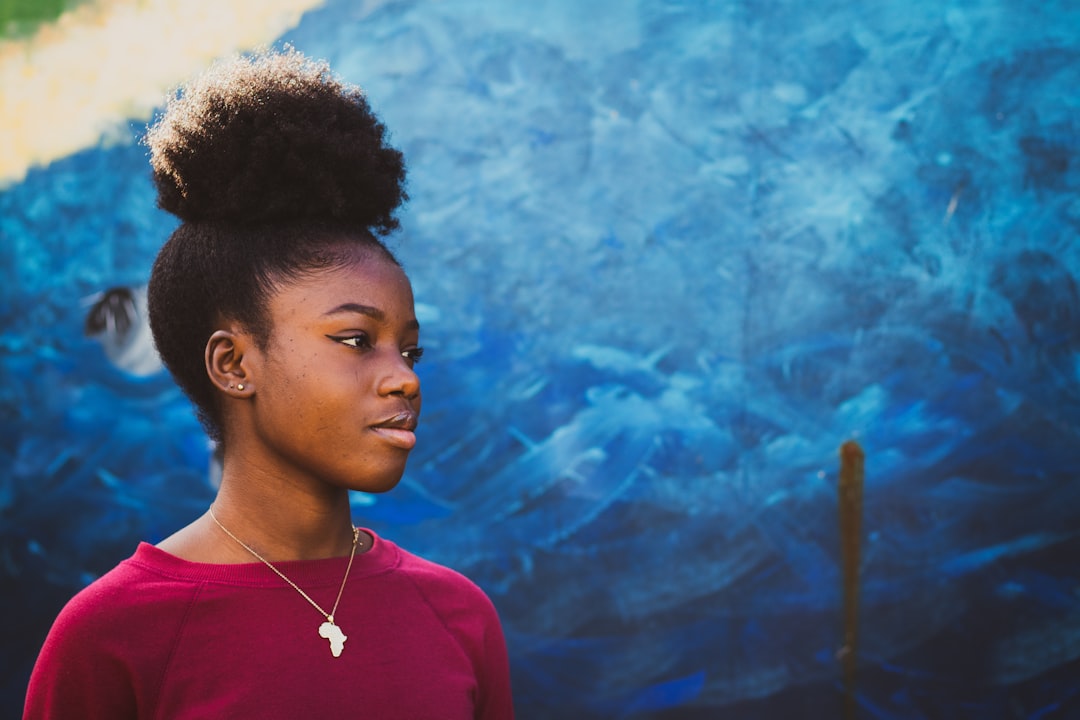
“Like many Black girls and women later diagnosed with autism, people recognized her traits and behavior as different — she was considered both “mature” and “young” for her age,” “overly clean and orderly” or, simply, “weird” — but no one attributed it to a disability. Now, she has had to unlearn the feelings of inadequacy and not belonging that were affirmed by bullying from her peers, authority figures and eventually even herself.”"
How Black Women Can Get Out Of Survival Mode At Work
By Janell Hazelwood, XONecole
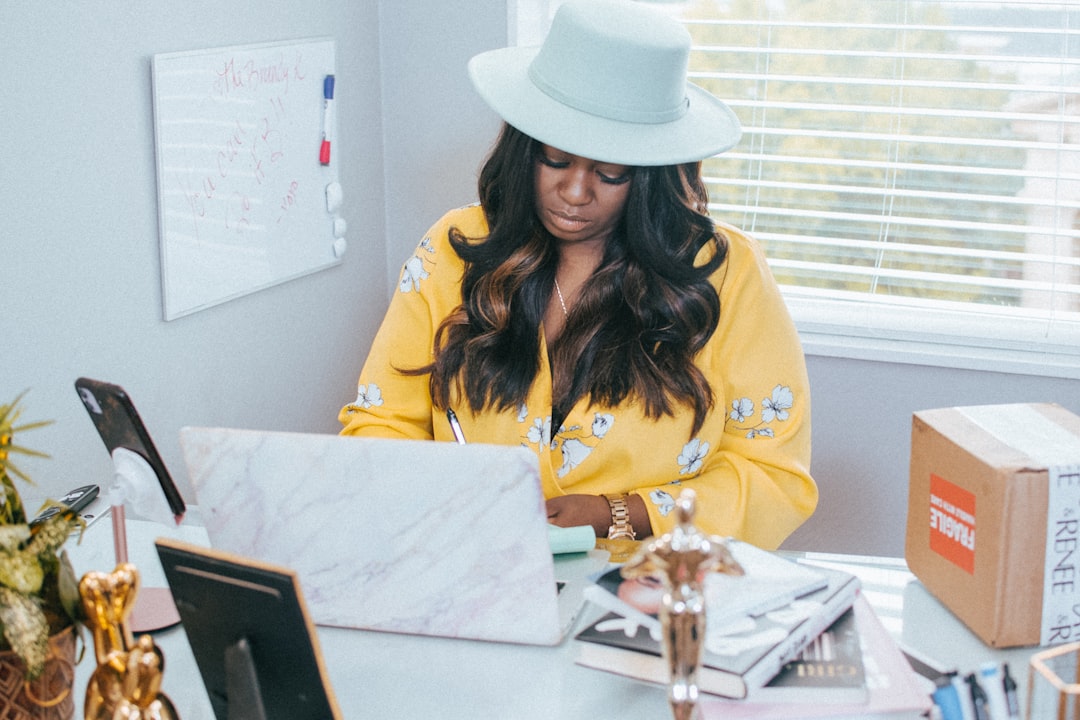
“I'm a huge fan of looking at things from a balanced point of view. I refuse to wear those woe-is-me-it's-hard-being-a-Black-woman tinted glasses often sold to us by propaganda and fear mongers. Here are a few tips that helped me to finally step out of survival mode and into thrive mode.”
A black woman shares her journey through anorexia and explores how race and mental illness intersect
By Lauren Duncan, Red Online
“My feelings of otherness were exacerbated by the fact I was the only Black woman out of at least 20 other patients. While conducting my doctoral research years later, I discovered that Black women often find our eating disorders are not taken as seriously by medical professionals, or the wider community.
Indeed, Black people are the least likely to be diagnosed with an eating disorder and to receive professional help; sociocultural models of eating pathology predict lower risk for eating disorders in Black women, perhaps because of the stereotype that Black cultures embrace voluptuous body types, which, theoretically, reduces the need for Black women to strive toward thinness.”
America loved Tina Turner. But it wasn’t good to her.
By Soraya Nadia McDonald, The Undefeated
“But to honestly examine Turner’s life is to see the ways our peculiar institution continued in the bodies and minds of Americans well beyond 1865. Turner was a human souvenir of our country’s greatest shame. When she got free, she made herself into an icon. How typical, how American, to focus our collective klieg lights on the infectious, feel-good parts of Turner’s story while turning away from the dark circumstances that haunted her to her grave.
Focusing on three major aspects of her life — sex, labor, and freedom — can help us to know Anna Mae Bullock, Tina Turner, and the country from which they sprang just a little bit better.”
How Are Black Women Writers Surviving The WGA Strike? Together.
By Alanna Bennett, Refinery29 Unbothered
“We are artists, and we want to ensure that our art gets the chance to exist. That we get the chance to keep creating it. With the writer's strike, that's more complicated than ever. We are fighting for our continued existence in an industry that can't seem to decide if they really want us here at all.”





